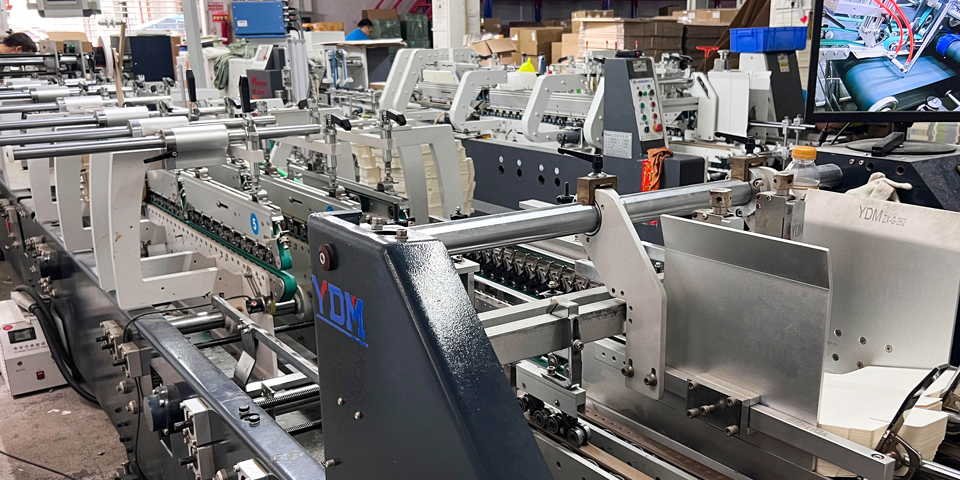Blog
Why No Country Can Truly Replace China as the World’s Manufacturing Hub

Replacement depends on capability, not just on opening up to reform. As of now, no country has been able to replace China’s position in manufacturing. Some may claim to have done so in the short term, but in the end, investors inevitably admit that Chinese manufacturing is irreplaceable. Why?
- Political Environment
Any country that wants to open up and reform needs a strong government to maintain political stability, which is essential for economic revitalization. However, very few countries meet this criterion. Some may suggest that certain Southeast Asian nations are suitable, but in reality, even North Korea might be more appropriate, as it is following China’s path from the 1980s and has a basic foundation in manufacturing. - Social Environment
A stable society with good public security is crucial for business growth. No one wants to run a factory where extortion and protection fees are commonplace. In some countries, businesses frequently face legal, economic, or labor disputes, and if these cannot be resolved without involving criminal elements, survival becomes difficult. - Government Efficiency
Setting up a factory requires support from multiple levels of government. At the very least, administrative procedures such as licensing and approvals need to be efficient. Excessive bureaucratic red tape and corruption can hinder progress. While China still has room for improvement in this area, few countries can match the efficiency of the Chinese government in facilitating business operations. - Infrastructure
To industrialize, you need proper infrastructure—good roads, reliable electricity, stable water supply, and consistent energy and raw material availability. Without these, smooth production is impossible. Frequent power and water outages or transport disruptions can severely impact business operations. - Management Capability
Factories require competent management personnel who understand both production and administration. Without this expertise, efficiency remains low, and problems cannot be solved effectively. Issues such as production sequencing, workforce management, quality control, and cost management all require experienced professionals. China’s manufacturing sector benefits from a vast pool of skilled managers who ensure smooth operations. A striking example: China can mobilize 2,000 workers overnight to repair a train station—few other countries can match such coordination and efficiency. - Worker Quality
China has the world’s largest and most skilled industrial workforce, capable of handling any manufacturing process efficiently. In contrast, small Southeast Asian nations struggle to match this expertise. Low labor costs do not equate to low production costs. For instance, a Chinese worker might weld 100 electrical components per hour, while a worker in another country might only manage 10. This means ten foreign workers are needed to match one Chinese worker’s output, ultimately raising labor costs. Additionally, work ethic varies—some countries’ workers are reluctant to work overtime or insist on leaving strictly on schedule. This is rarely an issue in China. - Engineer Teams
Setting up a factory in China means quickly assembling highly efficient machinery, with all repairs and maintenance easily handled locally. This is possible due to China’s vast network of skilled engineers, the best in the world. This talent pool underpins China’s manufacturing dominance and unmatched production speed. - Manufacturing Capability
In China, sourcing machinery and equipment is fast and convenient, eliminating the need for global searches. A robust supply of spare parts ensures minimal downtime. Chinese factories maintain stable operations because equipment can be repaired immediately without delays, maximizing efficiency. - Industrial Clusters and Supporting Industries
Modern production is no longer an isolated business activity but a collective effort of numerous companies within an industrial ecosystem. When setting up a factory, having related supporting industries nearby is crucial. In China, industrial hubs like Yuyao, Wenzhou, and Guangzhou provide quick access to necessary components and services, fostering rapid production and growth.
